Testimonials
02.228TS Design in the Anthropocene really made me rethink how I see technology—not just as something innovative, but as something that can seriously affect people and the world around us. As a Computer Science student, it got me thinking about the responsibility we have when we design and build systems. The course helped me connect what I learn technically with bigger questions about ethics, sustainability, and the kind of future we’re creating.
Kim E-Shawn Brandon
Computer Science and Design, Class of 2027
02.228TS Design in the Anthropocene builds a great foundation for design. Covering the history of design theories along with apt critique of each, painting a well-rounded view of design processes. Different issues that plague designers and planners are covered later in the course. Although there is no one-single solution to each of these issues, by being aware of these issues and the challenges that come along with them is crucial to being an effective and successful designer. In a design school, this course should be mandatory as I believe it has made me a more perceptive and effective designer.
Matthew Chew
The 02.228TS Design in the Anthropocene module has expanded my understanding of the interplay between design, sustainability and artificial intelligence. It encourages problem-solving that combines technological innovation with environmental responsibility, inspiring me to develop cutting-edge AI solutions that positively influence the world around us.
Inshirah Ramjoo
I learnt the importance of observing with intention. Many a time, even in conversations that we observe, there are different skills and qualities that people exhibit that can be learned from to either enhance your own communication skills or avoid as poor habits. Therefore, even in most circumstances when observing others, it should be done with intention to better identify skills or good examples that can be emulated to further improve one’s communication.
Lee ly Meng
Professor Quin’s psychology courses provided valuable insights into engineering human-centric design. Class discussions helped us to connect psychology theories to real-life examples. The understanding of human behaviour and emotions have also strengthened my ability to decode behavioural patterns to build products that user resonates instinctually. Five years on, her teachings still guide both my venture and personal life. This wasn’t just education—it’s the edge that lets me outthink engineers who see code, not people.
Matthew Lau
Class of 2021
